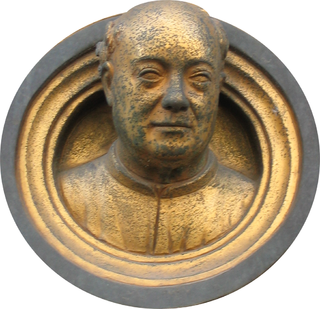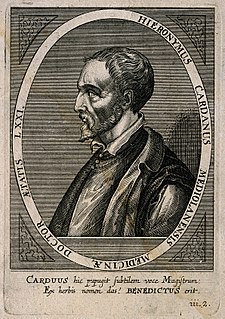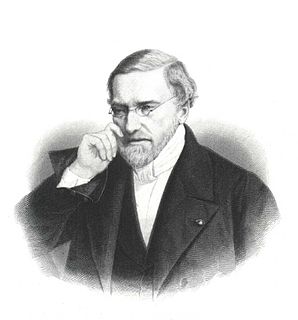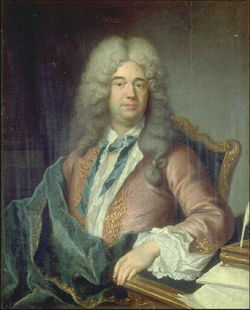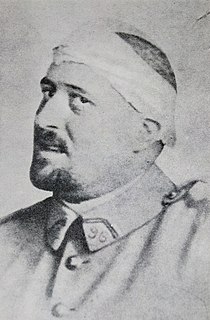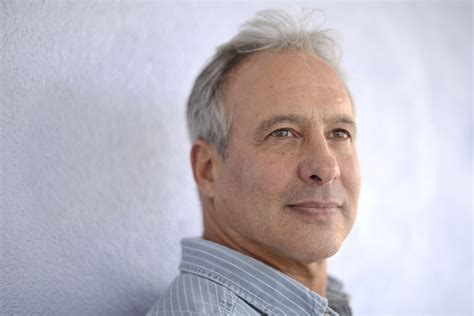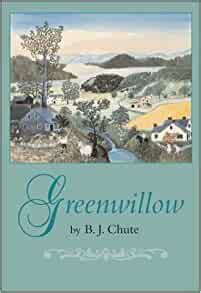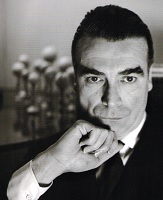A Quote by Lorenzo Ghiberti
The sculptor, and the painter also, should be trained in these liberal arts: grammar, geometry, philosophy, medicine, astronomy, perspective, history, anatomy, theory of design, arithmetic.
Related Quotes
In fact, Gentlemen, no geometry without arithmetic, no mechanics without geometry... you cannot count upon success, if your mind is not sufficiently exercised on the forms and demonstrations of geometry, on the theories and calculations of arithmetic ... In a word, the theory of proportions is for industrial teaching, what algebra is for the most elevated mathematical teaching.
So if the worth of the arts were measured by the matter with which they deal, this art-which some call astronomy, others astrology, and many of the ancients the consummation of mathematics-would be by far the most outstanding. This art which is as it were the head of all the liberal arts and the one most worthy of a free man leans upon nearly all the other branches of mathe matics. Arithmetic, geometry, optics, geodesy, mechanics, and whatever others, all offer themselves in its service.
At the Egyptian city of Naucratis there was a famous old god whose name was Theuth; the bird which is called the Ibis was sacred to him, and he was the inventor of many arts, such as arithmetic and calculation and geometry and astronomy and draughts and dice, but his great discovery was the use of letters.
Is it not evident, in these last hundred years (when the Study of Philosophy has been the business of all the Virtuosi in Christendome) that almost a new Nature has been revealed to us? that more errours of the School have been detected, more useful Experiments in Philosophy have been made, more Noble Secrets in Opticks, Medicine, Anatomy, Astronomy, discover'd, than in all those credulous and doting Ages from Aristotle to us? So true it is that nothing spreads more fast than Science, when rightly and generally cultivated.
Where philosophy ends, poetry must commence. There should not be a common point of view, a natural manner of thinking which standsin contrast to art and liberal education, or mere living; that is, one should not conceive of a realm of crudeness beyond the boundaries of education. Every conscious link of an organism should not perceive its limits without a feeling for its unity in relation to the whole. For example, philosophy should not only be contrasted to non-philosophy, but also to poetry.
